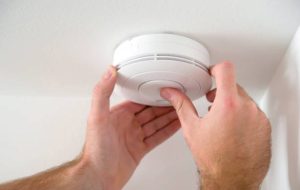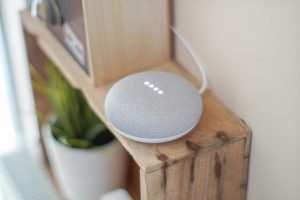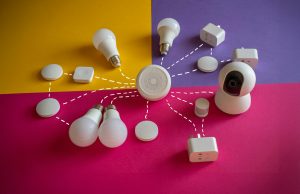In an era of advancing technology, smart home devices are revolutionizing the way homeowners protect their properties and insurers assess risks. From preventing accidents to reducing insurance premiums, these innovative technologies play a vital role in enhancing home security and safety. In this article, we’ll explore the role of smart home devices in preventing accidents and reducing insurance premiums. We’ll highlight the innovative technologies that insurers are incorporating into their policies to reward proactive homeowners and create safer, more secure living environments.
1. Preventing Accidents with Smart Home Devices
a. Smart Security Systems:
– Smart security systems, including cameras, motion sensors, and doorbell cameras, provide real-time monitoring and surveillance of the home, deterring burglaries and intrusions.
– Integration with mobile apps allows homeowners to remotely monitor their property, receive instant alerts, and take proactive measures to prevent potential threats.
b. Leak Detection Sensors:
– Leak detection sensors can detect water leaks and moisture levels in the home, alerting homeowners to potential plumbing issues before they escalate into costly water damage.
– By promptly addressing leaks and moisture problems, homeowners can mitigate the risk of mold growth, structural damage, and property loss.
c. Smoke and Carbon Monoxide Detectors:
– Smart smoke and carbon monoxide detectors offer advanced features such as remote monitoring, self-testing, and integration with smart home platforms.
– These devices provide early detection of fire and gas hazards, allowing homeowners to take swift action to evacuate the premises and minimize property damage and health risks.
2. Reducing Insurance Premiums with Smart Home Technology:
a. Usage-Based Insurance (UBI):
– Insurers are increasingly offering usage-based insurance (UBI) programs that leverage smart home technology to assess risks and reward proactive homeowners with lower premiums.
– By monitoring data from smart devices such as security systems, leak detectors, and thermostats, insurers can evaluate homeowners’ risk profiles and adjust premiums accordingly.
b. Loss Prevention Incentives:
– Some insurers offer incentives and discounts for homeowners who install and maintain smart home devices that contribute to loss prevention and risk mitigation.
– By investing in smart home technology, homeowners can demonstrate their commitment to home safety and qualify for premium discounts, ultimately saving money on insurance costs.
3. Innovative Technologies in Home Insurance Policies:
a. Telematics and IoT Integration:
– Insurers are integrating telematics and Internet of Things (IoT) technologies into their policies to collect data on home security, safety, and maintenance practices.
– This data-driven approach allows insurers to personalize coverage, offer tailored recommendations for risk reduction, and incentivize proactive behavior among policyholders.
b. Predictive Analytics and AI:
– Advanced analytics and artificial intelligence (AI) algorithms enable insurers to analyze vast amounts of data from smart home devices and predict potential risks and losses.
– By proactively identifying and addressing risk factors, insurers can prevent accidents, minimize claims, and enhance the overall safety and security of insured properties.
Smart home technology is transforming the landscape of home insurance, empowering homeowners to prevent accidents, reduce risks, and lower insurance premiums. By leveraging smart security systems, leak detection sensors, and other innovative devices, homeowners can create safer, more secure living environments while enjoying financial incentives and rewards from insurers. As technology continues to evolve, the role of smart home devices in home insurance will only grow, driving innovation, enhancing risk management practices, and ultimately making homes safer for all.





